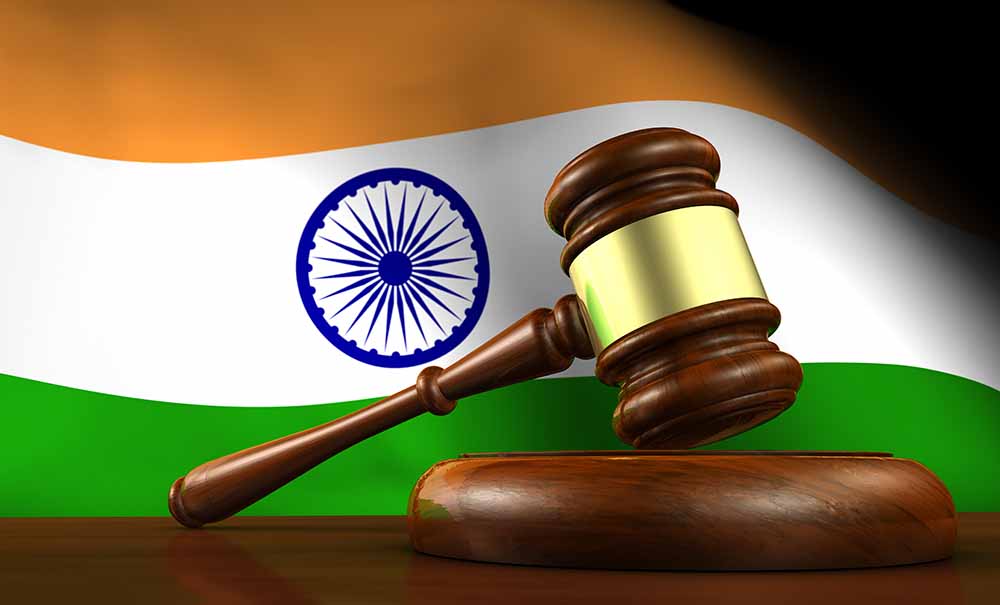In a recent landmark ruling, the Manipur High Court has affirmed the jurisdiction of a family court to declare a woman as a 'single unmarried mother' based on the evidence before it. The judgment was delivered by a division bench comprising Acting Chief Justice MV Muralidaran and Justice A Guneshwar Sharma, emphasising the importance of upholding the jurisdiction of specialized courts and tribunals.
Background of the Case
The case revolved around a 61-year-old woman who had initially sought a declaration from the family court that she is a 'single unmarried mother.' However, her suit was deemed non-maintainable by the family court. Challenging this decision, the woman's counsel argued that her never-married status should fall within the purview of the Family Courts Act, making it a valid matter for the family court's jurisdiction.
The Manipur High Court, in its ruling, cited Explanation (b) to Section 7(1) of the Family Courts Act, which states that suits or proceedings concerning the validity of marriage and matrimonial status should be under the jurisdiction of the family court. This led the court to conclude that the appellant's suit was indeed maintainable before the family court, as explained in Section 7 of the Family Courts Act.
Furthermore, the High Court emphasised that the suit filed by the woman falls within the ‘exclusive jurisdiction’ of the family court, as Section 8 of the Family Courts Act excludes matters covered under Section 7 from the jurisdiction of civil courts.

Distinguishing Previous Precedent
The family court had previously relied on the Renubala Moharana v. Mina Mohanty case while rejecting the woman's suit. However, the High Court pointed out that the relief sought in the Renubala case, regarding the illegitimacy of a child, was entirely different from the appellant's request, which pertained to her marital status.
The woman had spent her career as an employee in the State medical department and had been in a long-term live-in relationship with a doctor. She gave birth to a daughter in 1984 and a son in 1994. When she retired in 2022, authorities requested a joint photograph of her and her husband for pension processing. Instead, she submitted a photo of herself with her children, as she claimed not to have a husband. Her statement was met with refusal and labelled as ‘absurd.’
In response, the woman filed a suit in 2022 before the family court, seeking a declaration that she is a single, unmarried woman. The family court rejected the suit, stating that there was no marital relationship between her and her former live-in partner.

Recognition of Single-Parent Families
The High Court's judgment highlights the recognition of single-parent families in India and their rights, regardless of the circumstances that led to their formation. In this case, the children of the woman played a significant role, confirming that their father could not have married their mother as he was already married and had a child.
The High Court ordered the family court to set aside its previous ruling and remand the matter back to it with instructions to proceed with the suit in accordance with the law.
